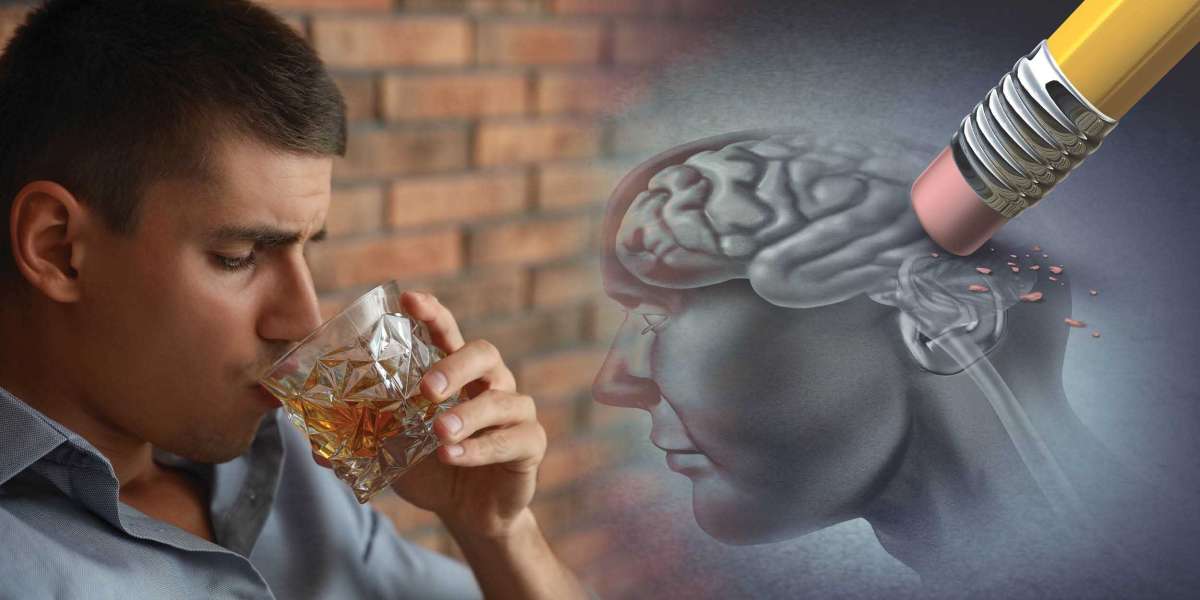Alcohol Abuse is a chronic drinking problem that can be treated with talk therapy, medications and support groups. It’s important to call the Substance Abuse and Mental Health Services Administration (SAMHSA) if you or someone you know needs help.
Alcohol abuse can occur in many ways, such as a coping mechanism for anxiety, depression, tension, loneliness, or self-doubt. It can also be a reaction to family or social pressures.
Physical
Over time, alcohol abuse can take a toll on your body, brain and emotional health. It can cause damage to your liver, increase your blood pressure and cholesterol levels, and weaken your immune system.
Long-term ethanol exposure can also lead to cognitive problems like memory lapses, decision-making issues, and mood swings. Some of these changes are reversible, but others are permanent.
Chronic alcohol use can also affect heart rate and cardiac activity. This is because alcohol can decrease the function of the hormones that regulate this activity.
The nerve endings in your eyes, ears and other organs can also get damaged if you drink excessively. This can lead to eye problems such as blurry vision or even blindness and hearing loss.
Mental
Alcohol abuse can cause a number of mental health issues. These include depression, anxiety and a range of other mood disorders.
Drinking can also change the chemicals in your brain, known as neurotransmitters. These are the chemicals that send messages from one nerve to another, and they need to work properly for your brain to function correctly.
These changes can make you feel more anxious, depressed or angry. They can also lower your inhibitions, making you more likely to do things that are dangerous or impulsive.
If you are worried about the mental effects of your drinking, seek help from a qualified professional. They will be able to advise you on what you can do to improve your mental health and help you learn more healthy coping strategies.
Many people with substance use problems have mental health challenges, so treatment should address both. Find a clinic that specializes in substance use issues, or get connected with a support group or 12-step meeting.
Social
Alcohol is a substance that many people turn to in times of stress or discomfort. However, when used over a long period of time, it can become harmful to a person’s health and social life.
It has been shown that heavy drinking can lead to a number of physical and social problems, such as accidents, sexual assault, and domestic violence. It also has a negative impact on a family’s finances and relationships.
This is because alcohol depresses the central nervous system, causing an impaired ability to coordinate, focus and make decisions. It also leads to risky behaviours such as drunk driving and sexual assault.
The harmful use of alcohol is a causal factor in more than 200 disease and injury conditions, including mental and behavioural disorders. It is a major cause of premature death, increased morbidity and disability. It also causes a range of social, economic and political problems for individuals, families, communities and society at large.
Emotional
Alcohol abusers can experience a number of emotional effects, including feelings of anxiety and depression. They can also have problems in relationships with others.
People with mental health problems are more likely to develop alcohol use disorder, as is anyone who has had a traumatic event in their lives. They may also have a family history of alcohol and drug problems.
They can also be more prone to risky behavior while drunk, such as driving or having unsafe sexual relations.
Some alcoholics develop what is known as an “alcohol-induced psychiatric syndrome.” These disorders are usually temporary and tend to improve when they are abstinent (Schuckit et al. 1997).
Alcoholism is also linked to a number of other psychiatric disorders, such as major depression and bipolar disorder. Because these disorders may overlap with a patient’s alcoholism, it can be challenging for psychiatrists to make the proper diagnosis.



